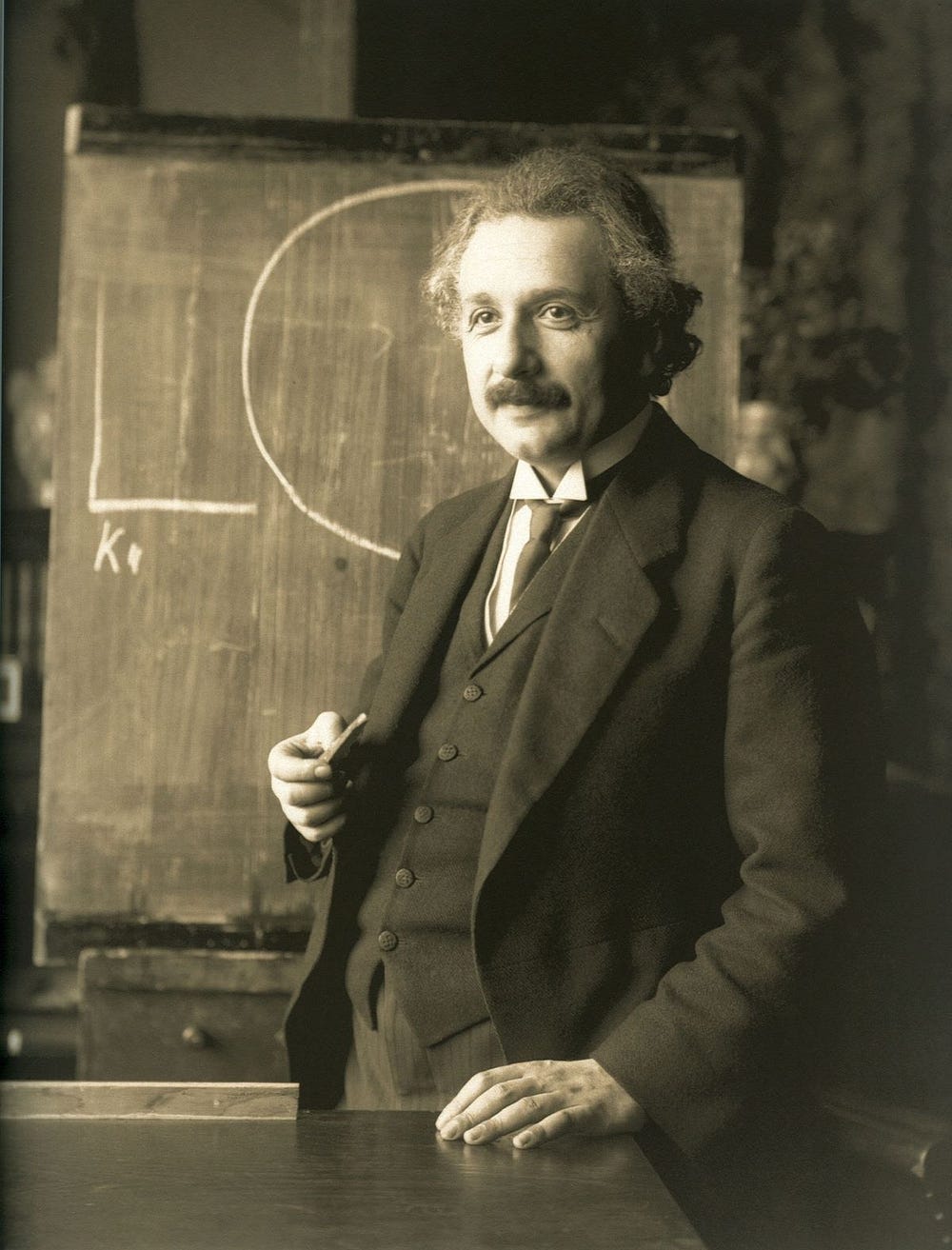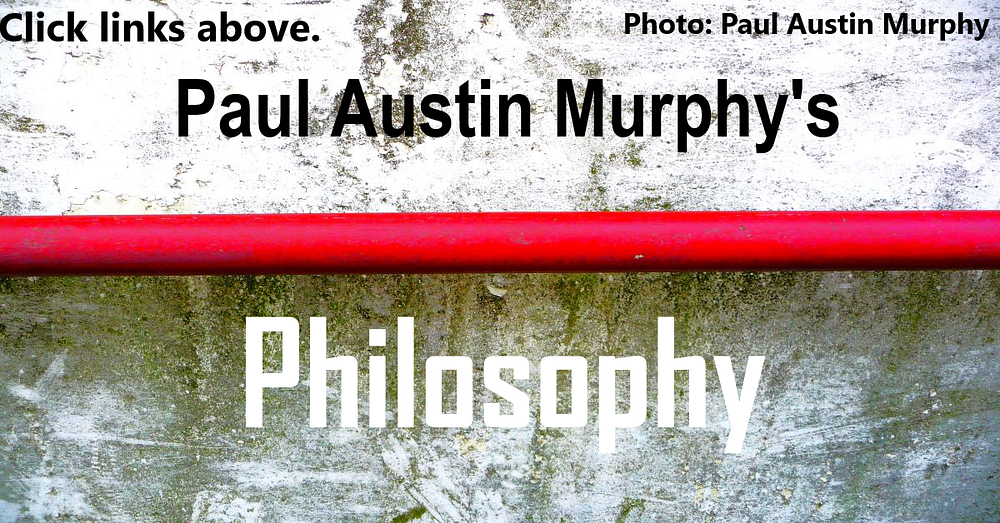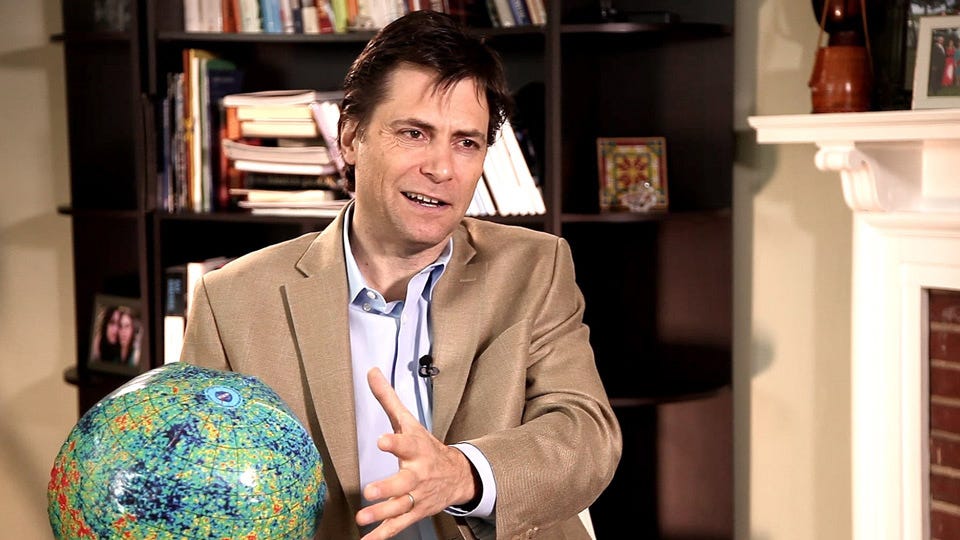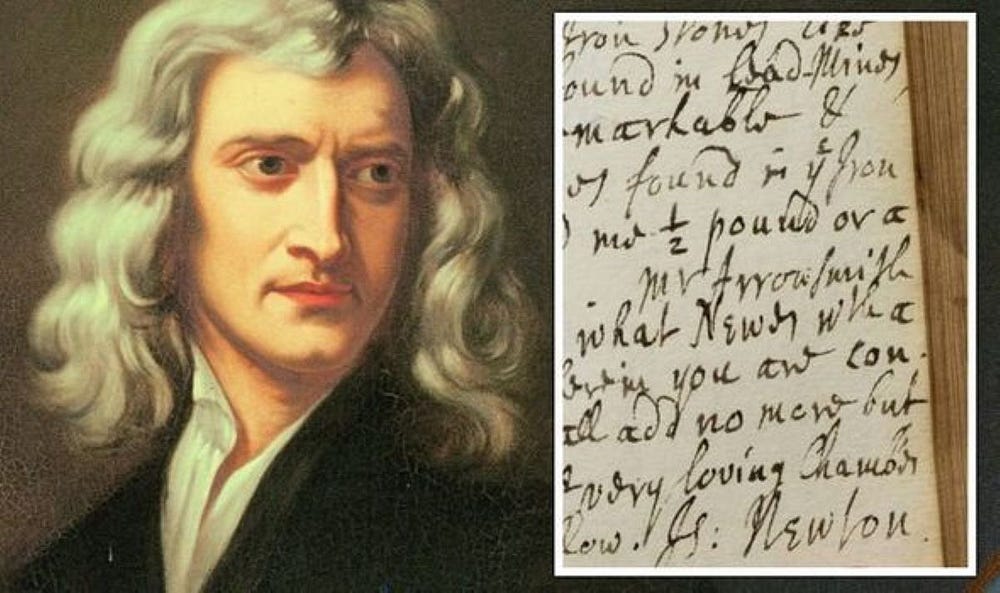Physicist and mathematician Roger Penrose believes that the ascertaining of (what can be called) Gödelian truths is a non-algorithmic process. Indeed, he believes that “genuine intelligence” is non-algorithmic too. Kurt Gödel himself believed that intuition allows us to “grasp” various concepts. Like Descartes’ position on “clear and distinct ideas”, Gödel believed that if we grasp a concept (at least one of a limited, not always mathematical, type) in a clear way, then that will guarantee us knowledge of its truth.
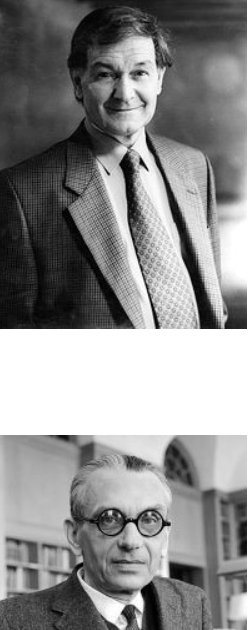
Physicist and mathematician Roger Penrose believes in what can be called Gödelian truth. His belief can be placed in a larger context and it also has a history. That context and history is partly (or even largely) down to Penrose’s stance against mathematical formalism.
Here’s Penrose on such formalism:
“The point of view that one can dispense with the meanings of mathematical statements, regarding them as nothing but strings of symbols in some mathematical system, is the mathematical standpoint of formalism.”
Penrose has a serious problem with this “point of view”. He goes on to say that “[s]ome people like this idea, whereby mathematics becomes a kind of meaningless game”. Penrose concludes:
“It is not an idea that appeals to me, however. It is indeed ‘meaning’ — not blind algorithmic computation — that gives mathematics its substance. Fortunately, Gödel dealt formalism a devastating blow!”
So Penrose has little time for naysayers when it comes to mathematical (or, as we’ll see, essentially Platonic) truth. He makes that clear in the following passage:
“As to the very dogmatic Gödel-immune formalist who claims not even to recognize that there is such a thing as mathematical truth, I shall simply ignore him, since he apparently does not possess the truth-divining quality that the discussion is all about!”
[Note the word “divining”! Perhaps it was just a turn of phrase.]
Roger Penrose on Platonic Truth
The first thing to say is that if there is such a thing as mathematical truth (rather than mathematical correctness, formal consistency, etc.), then it must be very different from other kinds of truth. Take the following examples of the various theories of truth, if not truth itself: truth as correspondence, truth as coherence, truth as “the word of God”, truth as pragmatic utility, etc.
Roger Penrose himself acknowledges all this. Yet he still believes that mathematical truth is Platonic.
So what exactly does Penrose mean by the word “truth” in these contexts?
Penrose seems to assume that truth is part of (all?) mathematical systems when he says such things as “whatever formal system [a mathematician] might adopt”, that will “prov[e] his criterion of truth”. (On the surface, this statement sounds like a kind of formalism.) In other words, not much more is said here — or indeed elsewhere — about what mathematical truth actually is. Then again, Penrose’s Platonic truth may be so brute (or fundamental) that nothing much can be said about it.
So how does all this connect to Kurt Gödel?
Gödel’s Theorem, Algorithms and Consciousness
Roger Penrose explains what he takes to be the chasm which exists between the knowledge (as well as the use) of algorithms and the knowledge of mathematical truth. All this is primarily viewed in terms of Kurt Gödel’s first incompleteness theorem and its (to use Penrose’s words) “devastating blow” to formalism. Penrose’s position is expressed in the following passage:
“[T]he very essence of consciousness. It must be present whenever we directly perceive mathematical truth. When we convince ourselves of the validity of Gödel’s theorem we not only ‘see’ it, but by so doing we reveal the very non-algorithmic nature of the ‘seeing’ process itself.”
The words above state an explicit and essential link between consciousness and the ascertaining of mathematical truth. Basically, then, (human) consciousness is required to (using Penrose’s own word) “see” mathematical truth. This must also mean — to Penrose at least — that mathematical truths can’t be seen by computers or machines. However, that’s not because computerised robots or even rudimentary computers have no (non-biological) eyes, visual systems or intelligence (some would argue that they do) — but because they don’t instantiate consciousness.
Elsewhere, Penrose also wrote:
“[C]oncerning Gödel’s theorem, was that, at least in mathematics, conscious contemplation can sometimes enable one to ascertain the truth of a statement in a way that no algorithm could.”
Basically, the ascertaining of (Gödelian) truths is non-algorithmic. (Or, more particularly, ascertaining the truth of Gödel sentences is non-algorithmic.) Thus, algorithms can’t bring about (or simulate) the type of consciousness which is required to see Gödelian truths.
Indeed, not only is all this the case when it comes to Penrose’s position on consciousness generally, he even takes this position on what he calls “genuine intelligence” too.
Seeing Gödelian Truths
Penrose often uses the words “see”, “seen” and “visualised” when it comes to certain mathematical truths (as well as, so Penrose hints, other things — such as morality, “beauty”, aesthetical taste, etc.). That is, he believes that many mathematical truths are seen to be true without being proved to be true. So, in that simple sense at least, it can be argued that he’s simply putting Gödel’s own position (see the final section).
[Penrose repeatedly puts the word see in scare quotes . That is, he doesn’t mean literal seeing with the eyes.]
Along with “seen”, Penrose also uses the words “insight” and “intuition”.
For example he writes:
“[A] specific Gödel proposition — neither provable not disprovable using the axioms and rules of the formal system under consideration — is clearly seen, using our insights into the meanings of the operations in question, to be a true [ditto] proposition!”
Penrose isn’t the only one to use words like “see” in the context of mathematical truths.
For example, in the specific case of number theory and Gödel sentence G, the philosopher of logic Alasdair Urquhart uses the word “perception” (although it too is put in scare quotes) in the following:
“Since we do seem to have a ‘clear and distinct perception’ of the notion of truth in number theory, it has often been argued that this demonstrates a clear superiority of humans over machines.”
And, in the following paragraph, Urquhart continues:
“[We], standing outside the formal system, and using our mathematical insight, can see that the sentence G is true, and so we can surpass the capacity of any fixed machine.”
However, in the above it can be said that Urquhart is (at least in part) putting other people’s positions. And since I’ve just quoted Urquhart, it’s also interesting that he questions Penrose’s claim that he (or others) can see that a Gödel sentence is true. He writes:
“The problem with the Lucas/Penrose argument [] is that the key premise asserting that we can see the Gödel sentence to be true, remains undemonstrated. In fact, there are good reasons for thinking it to be false.”
In addition to the above, it also needs to be said that people may disagree as to exactly what it is they see. For example, one person may see (or intuit) that p is true, yet another person may see that the very same p is false. So even if we accept that there is Platonic seeing in both cases, that seeing alone doesn’t — and can’t — guarantee truth (or “truth without proof”).
Penrose also uses the word “sensing”. In this instance, Penrose goes beyond seeing the truth of a Gödel sentence and starts using much more modal and clearly Platonic ways of speaking. Indeed, he partly explains what he means by “seeing” here:
“[]I believe consciousness to be closely associated with the sensing of necessary truths — and thereby achieving a direct contact with Plato’s world of mathematical concepts.”
There is an important reason (at least within this specific context) as to why Penrose stresses Platonic sight. It’s because he believes that “sensing necessary truths [] is not an algorithmic procedure”. Indeed, this is part of Penrose’s wider stance against the possibility of (genuine) artificial intelligence.
**************************
Part Two: Kurt Gödel Himself
When it comes to seeing the truth of Gödel sentences, intuition is said to enable (or bring about) such seeing.
The problem here is that in order to see the truth of a Gödel sentence (i.e., not simply recognise and understand what a Gödel sentence is), one needs to be proficient not only at mathematics, but also at metamathematics. So, basically, not many people can actually see the truth of any Gödel sentence.
Kurt Gödel himself believed intuition allows us to (to use his word) “grasp” various concepts. Like René Descartes’ position on what he called “clear and distinct ideas”, Gödel believed that if we grasp a concept (at least a concept of a specific type, though not always mathematical) in a clear way (whatever that may mean), then that will guarantee knowledge(?) of truth, as well as knowledge of (some kind of) content.
In detail, Gödel claimed that “we do have something like a perception also of the objects of set theory”. He also mentioned the “intuitive character” and “direct perceptibility” of mathematical objects. Yet, elsewhere, Gödel remarked that terms like “seeing” and “perceiving” (i.e., at least when it comes to sets, numbers, mathematical truths, etc.) mustn’t be taken literally. In his own words, Gödel argued that our “perception” of mathematical objects “must be totally different from [perceiving] sensual objects”.
However, it must also be said that Gödel’s admission (if that’s what it was) doesn’t work against the idea (or reality) of intuition. It’s simply an acknowledgement that the intuition of any given mathematical x isn’t identical to the seeing of, say, a red rose or to the perceiving of something’s being misshapen. In fact, Gödel believed that the kind of intuition he had in mind is actually more reliable that our perception of red roses (or at least judgments about them) or of other “external objects”. In other words, our (as it were) access to, say, basic mathematical truths, and even to the truth of a Gödel sentence, is more direct than our cognitive and perceptual access to a rose and its redness.
My flickr account and Twitter account.







